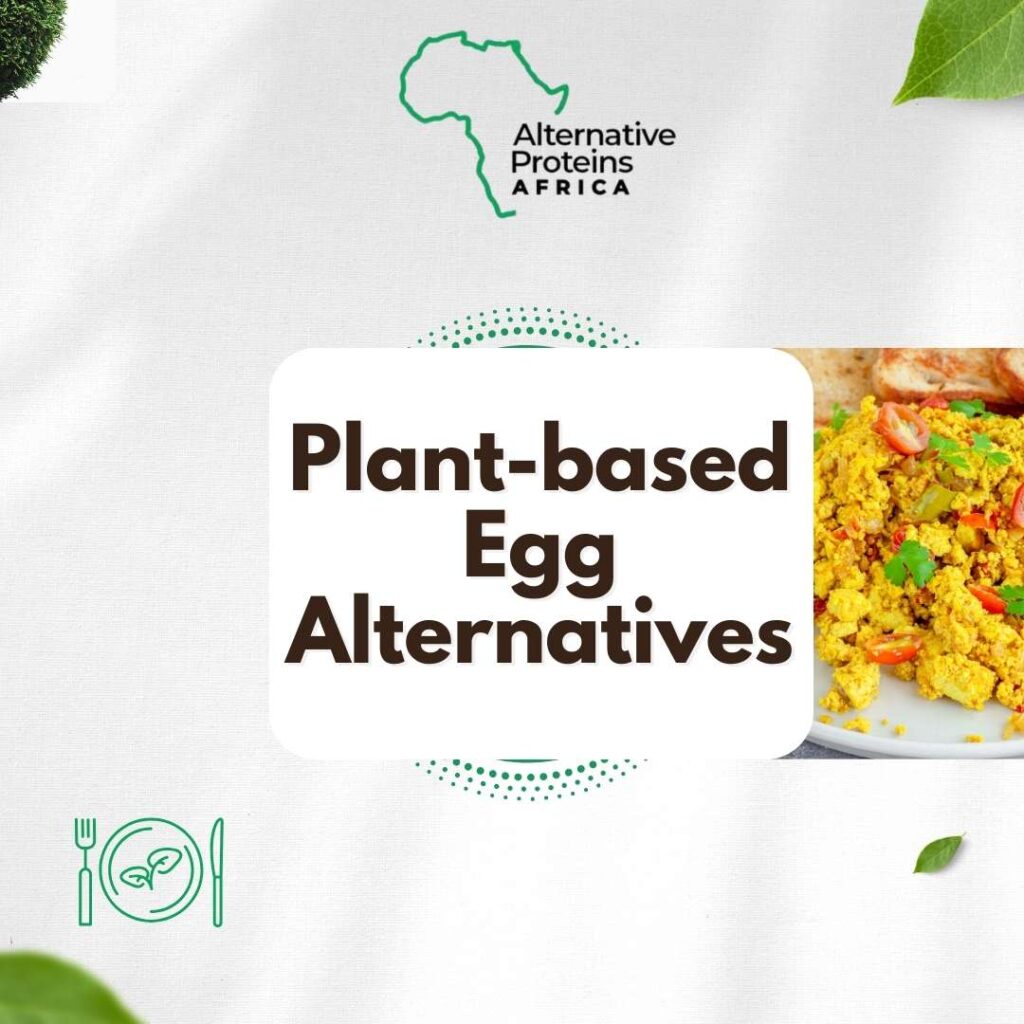
Every year, the second Friday in October has been set aside to celebrate World Egg Day. This day was founded by the International Egg Commission in 1996, mainly to encourage eating chicken eggs. Eggs are part of dishes globally, and here are some of the reasons different people widely use eggs in cooking:
- They are highly nutritious and a great source of high-quality protein.
- They can be prepared in numerous ways, such as boiling, baking, frying, and scrambling, thus making them suitable for different dishes.
- They are an excellent binding agent used in cooking, as in baking, to hold ingredients together.
However, like other food sourced from animals, egg production raises several concerns. These concerns range from animal welfare issues, such as the prevalence of battery cage systems, to environmental impact and public health issues. A typical public health concern is the increased risk of spreading the Avian influenza virus, commonly known as bird flu, which is highly recorded in poultry birds.
To mark this year’s World Egg Day, we’ve highlighted some plant-based egg alternatives you can use in cooking. Of course, the idea of plant-based egg substitutes might take you aback. But remember, we mentioned some reasons eggs have versatile applications in cooking. These alternatives are worthy egg replacements because they possess qualities similar to those found in eggs.
Additionally, and more importantly, these plant-based alternatives address the earlier-mentioned concerns. They are cholesterol-free, making them a healthier option. They contribute to improved hen welfare and have fewer impacts on the environment.
Some plant-based egg alternatives
Applesauce: Applesauce, in simple terms, means cooked apple. It is suitable as an egg replacer in baked food items like breads, cakes, and cookies. It is free of fat and, in fact, helps to lower cholesterol levels.
Aquafaba: This is a viscous liquid from cooking legumes such as chickpeas and beans and is an excellent substitute for egg white in recipes. Aquafaba, a merger of two words- Aqua- water and Faba- legumes is also the wastewater found in canned chickpeas and other legumes. However, the one derived from cooked legumes is considered the most preferable because of the high salt content in canned legumes.
Flaxseed: When ground, flaxseed can be used in baking and cooking. Like eggs, flaxseeds provide the needed binding quality and texture in baking and are suitable for cake, bread, cookies, etc.
Tofu: Tofu is from pressed soybean curd and can adapt to any flavor. Tofu has a wide range of applications. One common application is in scrambled tofu, which mimics scrambled eggs.
Getting egg substitutes that suit your taste and preference might take some practice. Trying different alternatives to know which ones work best is usually advised. Remember, plant-based egg alternatives are healthier and more sustainable options, thus making them a worthy consideration.

